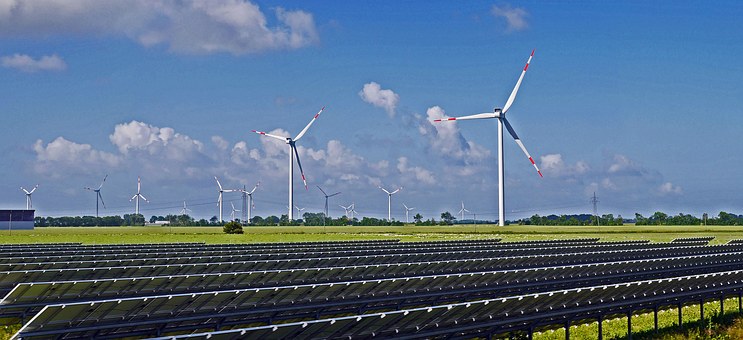Biden Administration Announces Nearly $28 Million to Propel the Clean Energy Workforce

The U.S. Energy Department’s Office of State and Community Energy Programs on Oct. 24 announced its first round of selectees through the Energy Auditor Training Grant Program. The program, financed under the 2021 Infrastructure Investment and Jobs Act, will allocate up to $27.98 million to 15 State Energy Offices and the American Samoa Territorial Energy Office to increase the green building personnel across the U.S. The initiative will support the enactment of national energy efficiency improvements highlighted by legislation such as the 2022 Inflation Reduction Act.
Moreover, the program will make certain that both residential and commercial energy auditors seek out methods to lower energy consumption, promote energy efficiency and provide energy savings to businesses and households across the U.S., so that the nation can advance towards a cleaner and more sustainable future.
The program will also benefit disadvantaged communities as part of the Justice40 Initiative. The initiative has a target that 40 percent of the overall benefits of certain federal investments in clean energy, climate and other energy related efficiency measures go towards underprivileged communities that are sidelined by a lack of investment.
Nearly $2 million will be allocated to the Georgia Environmental Finance Authority, who will launch the Southeast Commercial Energy Auditor Collaborative Partnership, to prepare individuals with the required knowledge and skills to acquire commercial building energy auditor certifications. The Hawai’i State Energy Office will be assigned $900,000 to start the Hawai’i Energy Auditor Training Program.
The department will also allocate funding to a number of state energy offices across the U.S for the residential sector. The funding includes $2 million each for the American Samoa Territorial Energy Office, Illinois Department of Commerce and Economic Opportunity, and the Tennessee Department of Environment and Conservation Office of Energy Programs. The funding will enhance energy efficiency, address any weaknesses in the local workforce and form pathways for workers with the correct skills from marginalized communities.
EnerKnol Pulses like this one are powered by the EnerKnol Platform—the first comprehensive database for real-time energy policy tracking. Sign up for a free trial below for access to key regulatory data and deep industry insights across the energy spectrum.
ACCESS FREE TRIAL